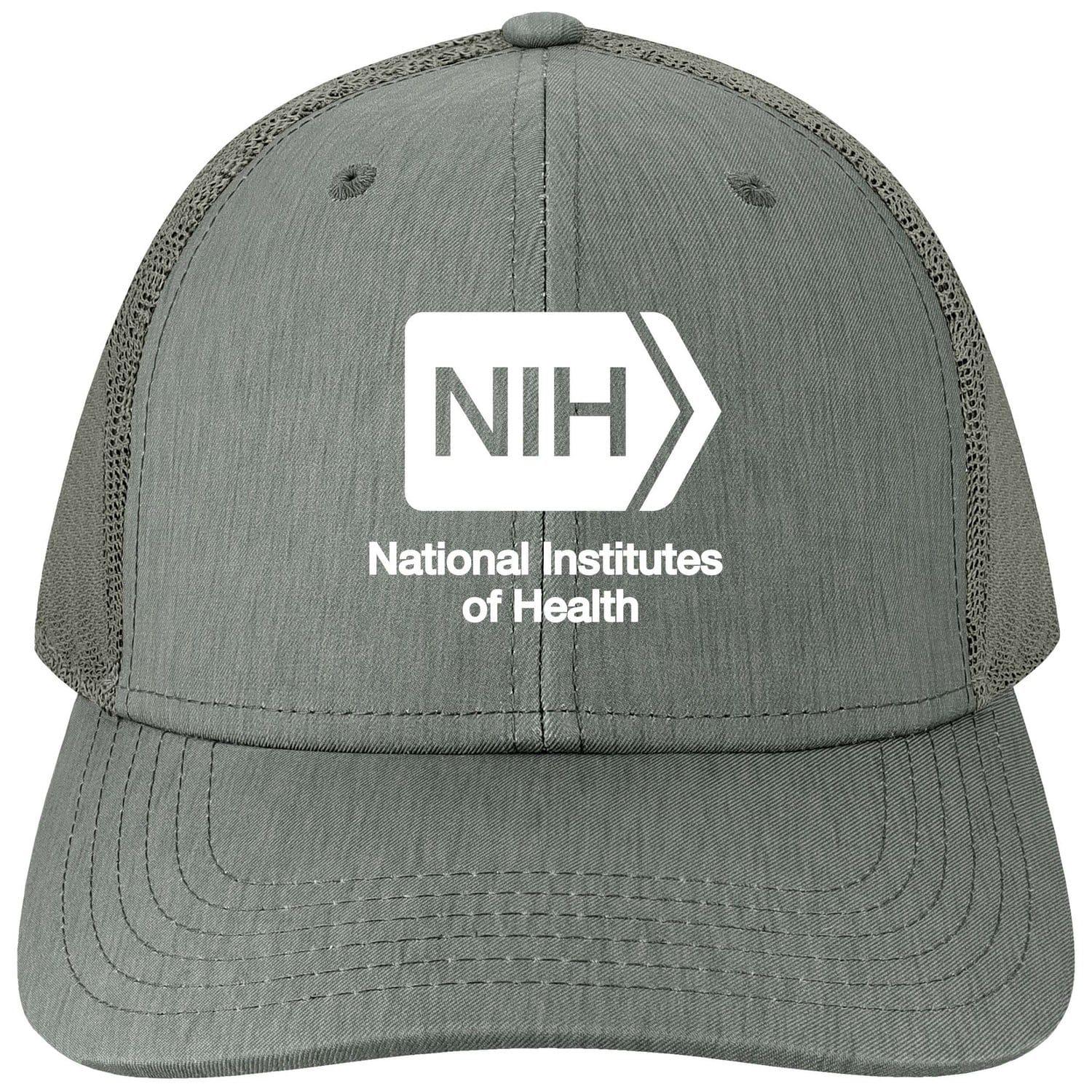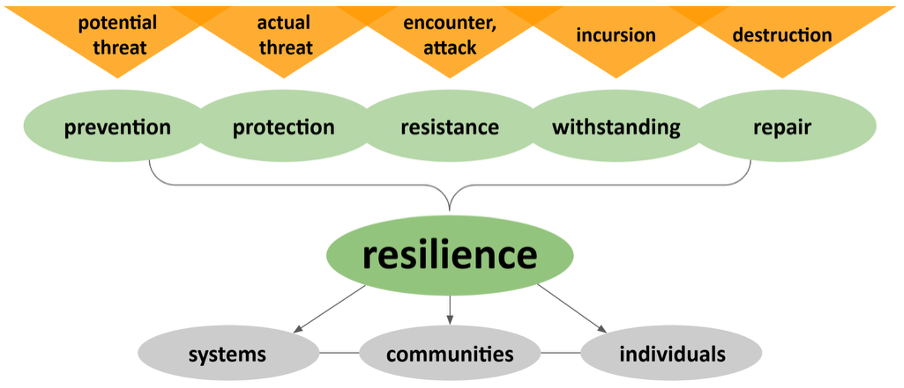
A few months back I was invited by Issues in Science and Technology to write a response to The Real Returns on NIH’s Intramural Research | Real Numbers by Jeffrey Alexander and Rossana Zetina-Beale. The reply was published on December 16th, and - no surprises here given my previous article for the Good Science Project - the basic premise is that NIH Intramural Research Program (IRP) data represents an additional return on taxpayer investment.







